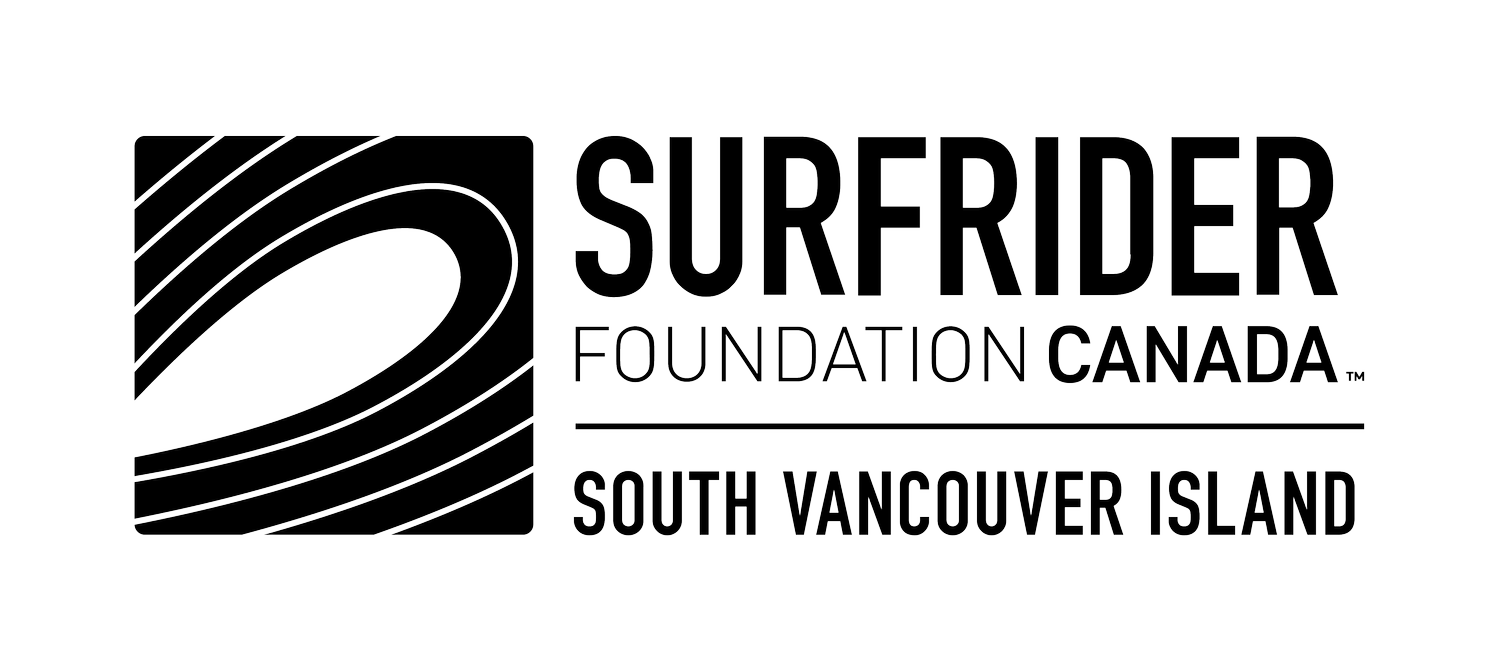Statement from Surfrider Canada on the State of Recycling and Single-Use Plastics
STATEMENT FROM SURFRIDER FOUNDATION CANADAFOR IMMEDIATE RELEASEDATE: May 9, 2019What’s Happening?Surfrider Foundation Canada is making a statement on the current condition of the recycling industry and single-use plastics in Canada as well as the recent declaration from Encorp Pacific (Canada) about their Bottle Depot Return-It Centre, claims that of May 13th, their Victoria and Saanich locations will no longer be accepting “all Blue Box material, Plastic Bags, Styrofoam, and Flexible Packaging materials…”. Surfrider Foundation Canada supports this decision and the need for more financial support/additional funding for handling and recycling products, in addition to the banning of single-use plastics.In January 2018, China announced they would no longer be taking waste from foreign countries. With this major shift, it would have been in Canada's best interest to dramatically improve the system for recycling plastics. Currently, the markets for recycling plastic domestically are still weak and therefore give minimal incentives to build the infrastructure needed to process plastic waste.Surfrider’s mission is to protect our oceans, waves, and beaches through a powerful activist network. In response to the Encorp Pacific (Canada)’s statement, we are calling for the federal government to adopt three vital solutions. First, Motion-151 was passed unanimously in the House of Commons in December 2018. This Motion is calling for a national strategy on plastic pollution, which includes the reduction and regulation of consumer and industrial use of single-use plastics. Right now, municipalities are leading this movement through the adoption of bans on single-use plastics, including many districts across British Columbia. The federal government now needs to step up in addressing plastic pollution before this crisis escalates any further. Secondly, a Canadian market is needed for recycled plastic. Localized recycling programs like Blue Box would become financially feasible if the Canadian government implemented legislation that required all plastic products to contain a certain amount of recycled plastic. Lastly, extended producer responsibility needs to be adopted throughout the country so that the biggest polluters of plastic are held accountable for the products they manufacture and distribute.Sincerely,Surfrider Foundation CanadaMedia Contacts:Lilly Woodbury, Surfrider Foundation, Pacific Rim 250-327-1119, available May 9thChris-Ann Lake, Surfrider Foundation, Vancouver Island 250-886-3181, available May 10th-12th
